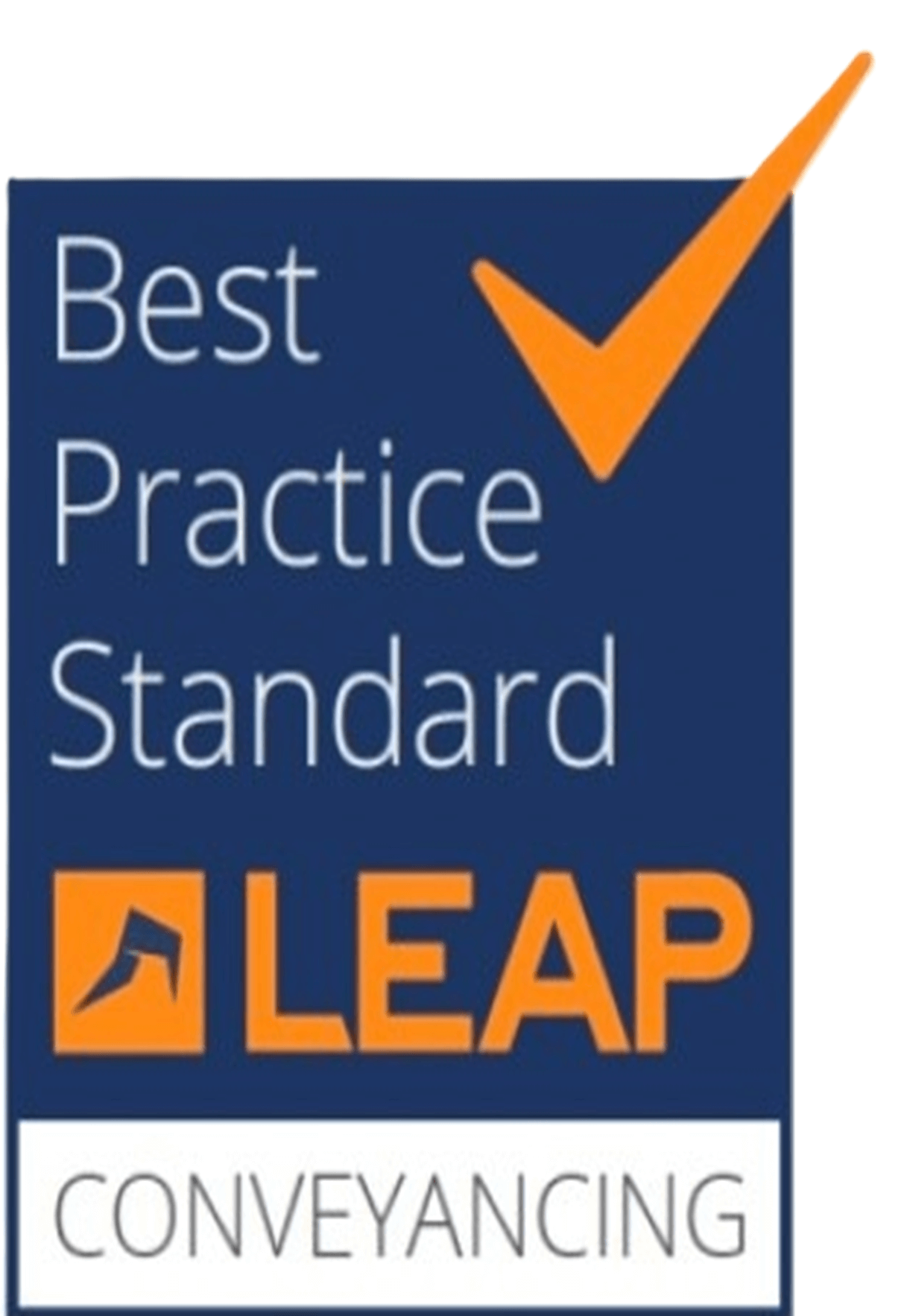Following on from the initial launch of the Family Mediation Voucher Scheme in March 2021, the government have recently confirmed they are investing an additional £1.3 million into the scheme. The additional financial resource will provide a further 2,440 mediation vouchers for families facing family law matters.
Here, we discuss what family mediation is, the benefit of using mediation over court proceedings, what the Family Mediation Voucher Scheme provides families experiencing conflict, who is eligible, how you can apply for the voucher and how it will be distributed.
What is family mediation?
Family mediation is often used by separating partners in concern to children or financial disputes. It’s a method of alternative dispute resolution (ADR), where matters are attempted to be voluntarily resolved without requiring a judge to make a legally binding decision during court proceedings.
During family mediation both parties will meet with a qualified, trained neutral family mediator in an attempt to find a resolution the particular issue they are facing. In the meeting, the issue at hand will be discussed, the mediator will hear points from each party, identify everybody’s desired goal and address the different options available to resolve the issue. Sometimes mediation does not provide a solution in one session, meaning multiple sessions may be required.
A point to take into consideration is that the outcome decided in mediation is not legally binding.
What is the benefit of family mediation?
During court proceedings, the judge will ultimately make the final decision about child and financial arrangements, which means you may not receive your desired outcome. Court can be stressful for all involved, including children. It can also be a lengthy and costly process, which can be easily avoided through mediation.
Mediation is a form of alternative dispute resolution (ADR) and seeks a more amicable response to family law issues. Whilst it doesn’t necessarily always work for everyone, mediation provides many benefits over court litigation.
Family mediation provides individuals with a safe, private environment where they can openly express their concerns and what their desired outcomes are. Unlike court, it minimises stress, is less time consuming and is comparatively inexpensive, especially where the involved parties are eligible for the Family Mediation Voucher Scheme.
What is the Family Mediation Voucher Scheme?
In an effort to reduce the pressure family courts were facing during the COVID-19 pandemic, and to reduce the number of parents using court as the first port of call, the government announced the time-limited Family Mediation Voucher Scheme in March 2021.
The Family Mediation Voucher Scheme is limited to one claim per family (case), not per person. Each voucher allows the users to have a contribution of up to £500 towards the cost of Family Mediation.
It is important to note that the voucher is only being used by mediators that are authorised by the Family Mediation Council (FMC).
Who is eligible for the Family Mediation Voucher Scheme?
Not all family law matters are eligible for the Family Mediation Voucher Scheme. Generally, only the following type of matters can be eligible to receive a mediation voucher:
- A dispute regarding a child/children
- A dispute regarding both family finances and children
- A dispute involving both of these elements
Mediation can only be attempted as a resolution method where both parties involved in the dispute are willing to take part and attempt to resolve matters. Where only one party agrees to mediation, you cannot be eligible for the voucher.
How can you apply for the scheme?
For those individuals who are interested in the Family Mediation Voucher Scheme, to determine whether you are eligible to make an application, you will need to attend a Mediation Information and Assessment Meeting (MIAM).
The MIAM will decide as to whether your family issue can potentially be resolved without court litigation and through Family Mediation. The mediator facilitating the meeting will discuss the scheme and likeliness of you being eligible to make an application.
Whether you receive the voucher will depend on a variety of factors, such as the type of legal matter and the availability of the vouchers.
How can you receive the Family Mediation Voucher?
You will not directly receive the voucher. If you decide to pursue mediation and are eligible, your mediator will make the application for funding on your behalf. If awarded the funding, it will directly go to the mediator, but only once the mediation sessions have concluded.
For you to partake in the scheme, the following will need to be confirmed by you:
- That you asked your mediator to apply for the scheme
- That you have not already applied for the scheme prior to this application
- That you gave consent for the necessary information to be submitted to the FMC
Speak to our family mediation solicitors in Newport today
At hpjv, we have established relationships with a number of highly effective third-party mediators who will be able to guide you and your former partner through the process, as well as discussing the possibility of using the Family Mediation Voucher Scheme.
Get in touch with our family law solicitors in Newport today for further information.









